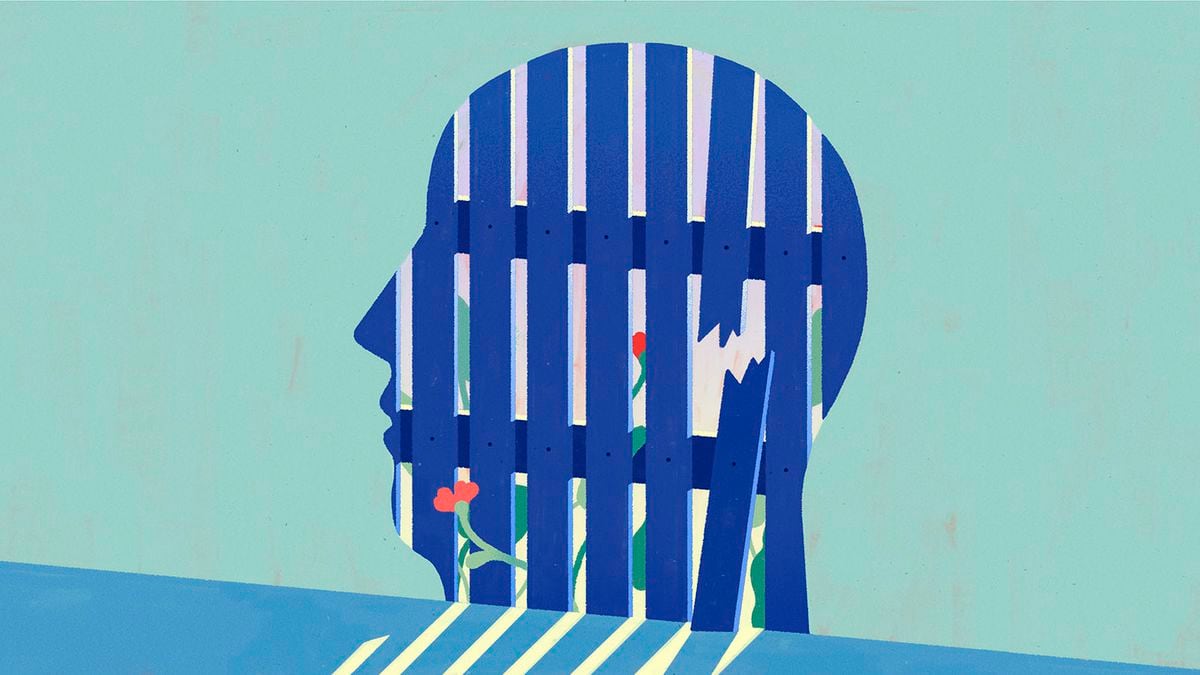I feel hurt by how my partner has treated me.”
"I dare not say what I think at work because of retaliation from my boss."
These are some examples that awaken sensations in us, that remain trapped and make us feel bad.
Sometimes it is about uncomfortable situations, such as the disrespectful way in which they have been able to treat us.
On other occasions they are larger-scale conflicts that last over time.
But in all of them there is a common denominator: we feel that the other person has crossed a thin red line and has damaged our dignity.
To the extent that we become aware of this, we can repair the wound and, if necessary, build a healthier relationship.
This is the conclusion of Donna Hicks, professor at the Weathercenter Center for International Affairs at Harvard University and author of two excellent books,
Dignity
(Yale University Press, 2011) and
Leading with Dignity .
(Yale University Press, 2018).
From the center in which she collaborates, Hicks has had the opportunity to actively participate in the resolution of international conflicts in countries such as Sri Lanka, Colombia, Northern Ireland, Syria or Libya, among others.
She is a deeply inspiring woman.
Thanks to her experience and her conversations with the protagonists of armed conflicts, she understood that no sustainable agreement can be reached over time if the damage done to the dignity of the other is not addressed.
This work was the gateway to understand the problems that arise in any daily interaction, whether with our friends, family, at work or walking down the street.
We have a deep desire to be treated with dignity, only in this way do we feel good, dismantle our resistance and give the best of ourselves.
Dignity is different from respect, Hicks clarifies.
While that is a right that one is born with, respect has to be earned and not all behaviors deserve to be respected.
If we have bosses who don't listen to us and we don't dare to expose our ideas, it will be difficult for us to put our talent into play.
Or if we have to constantly defend ourselves from practical jokes with friends or believe that they reject us for who we are, we will not be able to flow in these relationships either.
When dignity is damaged, emotions are awakened that act as a background swell in our behaviors, such as fear, anger, injustice... In addition, neuroscientists have verified that the feeling of exclusion awakens in our brain the same reactions as physical pain.
Therefore, we need to train ourselves in the care of dignity at three levels: connection with oneself, with others and with a purpose.
Sometimes the problem is not outside, but inside.
We do not always treat each other with dignity and from that space it is difficult for others to treat us in an appropriate way.
Caring for dignity, moreover, must be cultivated.
It is not taught in schools or business schools or in companies, when it would be a magnificent antidote to many of the conflicts we face.
One way to practice it is to review the 10 essential elements of dignity, based on Hicks' research, and have a conversation about it in our important relationships.
When we feel offended by something, the ideal situation is to talk about it with the other person.
In most cases, it is the result of unconscious behavior, whether it is an ill-advised comment from a boss, a partner or a friend.
It requires talking about it with serenity, while taking care of the dignity of the other, explaining how we have felt and looking for solutions.
When we don't have the chance to talk about it with the other person, we need to have a trusted friend, with whom we can show ourselves vulnerable and explain what happened.
When we transform a hurt into words, we begin to overcome it.
All this without forgetting the most important thing, as Hicks reminds us: our dignity does not depend on what others do, but is inherent in each one of us.
—eps
Pilar Jericó is the coordinator of the
Laboratory of Happiness
blog .
The 10 keys to dignity, according to Donna Hicks
— Acceptance of the identity of the other.
— Recognition of others.
— Assessment, paying attention and listening.
— Inclusion: so that they feel part of the group.
— Both physical and psychological security, without fear of reprisals.
— Equity in treatment.
— Independence: empowering people.
— Understanding: it matters what others think.
— The benefit of the doubt: start from the premise that others have good reasons.
— Responsibility: taking responsibility for one's own actions and mistakes.
50% off
Exclusive content for subscribers
read without limits
subscribe
I'm already a subscriber




/cloudfront-eu-central-1.images.arcpublishing.com/prisa/YU6JYS64KNDZNHHGXA3QMTYNGY.jpg)






/cloudfront-eu-central-1.images.arcpublishing.com/prisa/KMEYMJKESBAZBE4MRBAM4TGHIQ.jpg)



